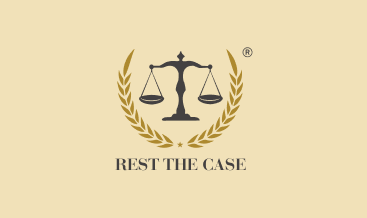Know The Law
WHAT IS A MITIGATION?

In legal terms, according to Wikipedia “Mitigation in law is the principle that a party who has suffered a loss (from a tort or breach of contract) has to take reasonable action to minimize the amount of the loss suffered.”
In layman’s terms, mitigation means reducing the loss suffered by the person or party claiming reimbursement. The loss can be anything. From injuries to vehicle damage to any other cost that the plaintiff party has to suffer, it is their duty to mitigate or lessen the damages. The party cannot incur more losses or damages to increase reimbursement. If they fail to mitigate, they might lose out on all reimbursements.
For example, if there has been an accident resulting in person A sustaining heavy injuries. Person B was the causative agent in the accident. Now when person A approaches the court for compensation for damages from person B, he is granted the terms that he will mitigate the damage done. He is advised physiotherapy sessions for about a month after his primary care has been processed. Then, person A chooses to skip his physiotherapy session due to some reason and eventually worsens his condition. In this situation, person A cannot claim further damage compensation as he did not mitigate his losses, i.e., he did not take actions to mitigate or lessen his injuries. Taking a step further, the court might even waive off the entire compensation.
The law of mitigation is not a tool for the defendant party to escape due compensation. Rather, it is a natural duty of every person to always look after themselves, primarily. A person is not allowed to get reimbursement if he could have avoided the damages by acting reasonably.
Although mitigation implies lessening of damages, it does not mean to get it done most cheaply. A person can decide where they wish to be treated, and they can also reject certain surgeries or procedures if they wish to. Various conundrums occur within this theme that is yet to be clearly defined.
Another good non-medical example would be the case filed by a Landlord against his tenants. The landlord claims reimbursements from the tenants because they left the place before the lease was supposed to expire. Now, it is the duty of the landlord to get his house back on the market and get new tenants to avoid further losses. If he fails to do so, he cannot claim compensation beyond his allotted time to rent his house again.




